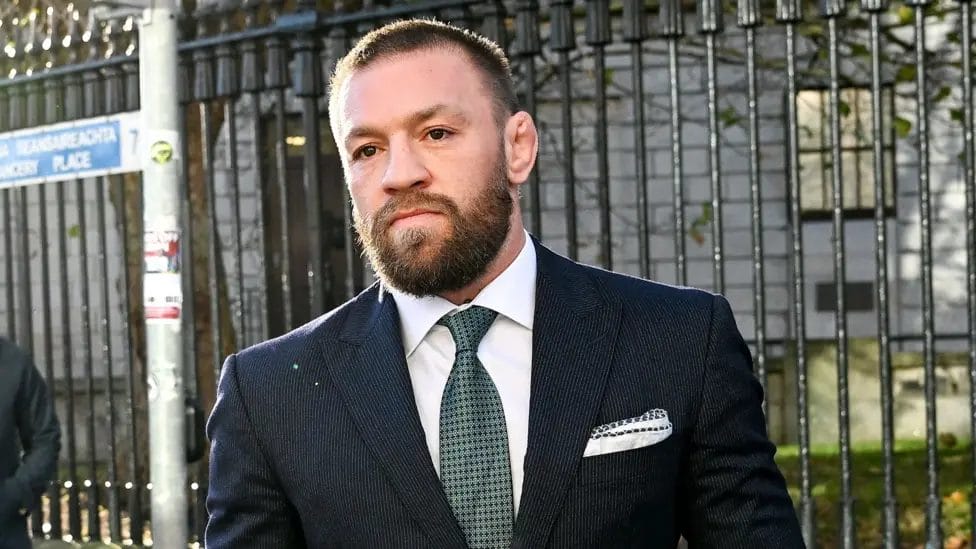
The Challenge Ahead
The devastating Los Angeles wildfires, already causing over $135bn in damages, underline the growing impact of climate change on global sports. With LA hosting the 2026 FIFA World Cup, the 2028 Olympic Games, and this summer’s revamped Club World Cup, experts say these events must adapt to the new environmental reality.
Climate’s Growing Influence
California’s climate, marked by rapid ‘whiplash’ shifts between extreme drought and heavy rains, has created ripe conditions for wildfires. Experts like Iris Stewart-Frey warn this is a “wake-up call” that even wealthy, resourceful cities like LA aren’t immune from climate impacts. With 78 more fire-risk days annually compared to 50 years ago, the unpredictability poses challenges for sports infrastructure and scheduling.
Impact on Major Events
- 2026 FIFA World Cup: Matches in LA could face extreme weather, threatening fan safety and event logistics.
- 2028 Olympics: With wildfires and rising heat, ensuring athlete and spectator safety becomes paramount.
Professor Timothy Kellison says wildfires, like other climate-related events, will only grow in frequency and impact.
Sports’ Role in the Crisis
Ironically, major sporting events contribute to the problem. For example, the 2022 FIFA World Cup in Qatar generated 3.6 million tonnes of carbon emissions, despite green promises. However, IOC and FIFA have made strides by employing sustainability officers, though their influence remains limited in the face of economic and sponsorship priorities.
Solutions and Adaptations
To address climate impacts, sports organizers are pivoting from prevention to adaptation:
- Rescheduling and Relocating Events: Like moving the LA Rams’ playoff game to Arizona.
- Rethinking Infrastructure: Fortifying facilities to withstand extreme weather.
- Calendar Adjustments: Avoiding seasons prone to extreme weather.
Kellison stresses the importance of “expecting the unexpected” in this new era.
A Social Catalyst
Sports could play a pivotal role in raising awareness about climate change. As Stewart-Frey observes:
“Sometimes it takes events like this for people to understand the urgency of the climate crisis. When their favorite teams are affected, the reality hits home.”
Sport, historically a driver of social change, must now innovate to meet these challenges while preserving its global cultural significance.







